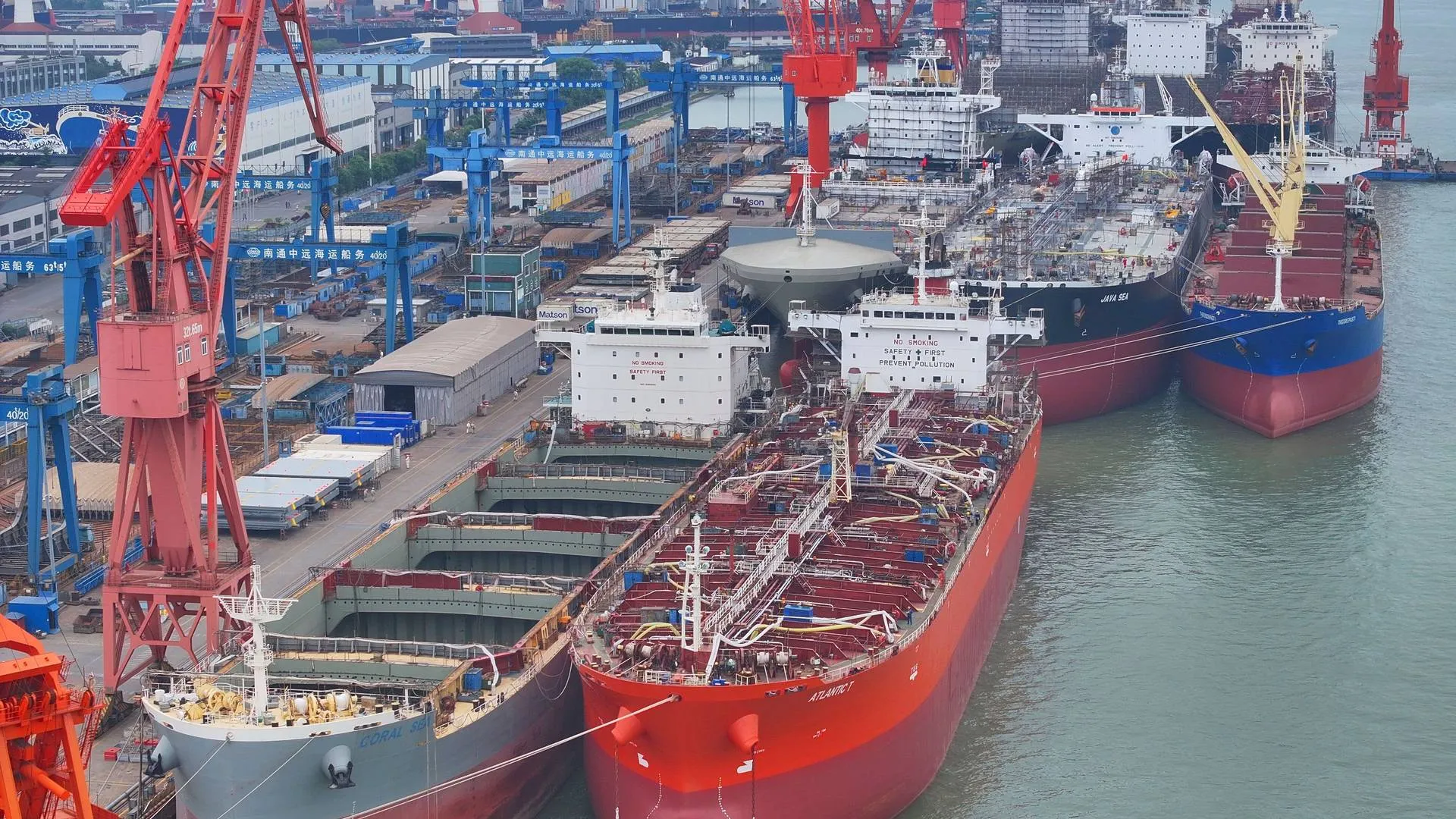Russia has significantly expanded maritime control measures, with President Vladimir Putin signing a decree mandating that all vessels arriving from foreign ports must now obtain prior clearance from the Federal Security Service (FSB). This directive, which took effect immediately on July 22, 2025, tightens access to all Russian seaports, not just those near naval bases.
Until now, FSB screening had only been required for foreign ships docking at ports with military installations. The new rules extend this requirement nationwide. Every ship en route from a foreign port must secure authorisation from a designated FSB representative, in coordination with the local port captain, before entering Russian waters.
While the Kremlin has not provided a public justification, the decree references constitutional provisions related to military conditions—likely connected to ongoing martial law in areas bordering Ukraine.
The move follows a troubling series of maritime incidents targeting vessels linked to Russian trade, particularly energy exports. Earlier this month, a blast aboard the Eco Wizard, an ammonia tanker operated by StealthGas, forced the evacuation of the ship at the Ust-Luga terminal and temporarily shut down operations. Damage assessments indicated hull breaches with metal bent inward, suggesting an external explosion.
This incident was the latest in a string of similar events. In February, the Turkish-owned Koala was struck by three explosions while docked at Ust-Luga. In June, the Vilamoura, a suezmax managed by TMS Tankers, was also damaged after visiting Russian ports. Outside the Baltic, the aframaxes Seajewel and Seacharm (both managed by Thenamaris) suffered explosions in the Mediterranean, and the Grace Ferrum was targeted off Libya. Limpet mines are suspected in several of these cases.
In a notable December 2024 incident, the Ursa Major, a Russian cargo ship, sank in the western Mediterranean following an underwater blast. While official responses often play down these events, many experts and Western intelligence agencies believe these attacks are part of a covert Ukrainian sabotage campaign aimed at Russia’s fossil fuel supply chain.
Amid growing concerns, Russia’s state-run port authority FSUE Rosmorport recently issued a RUB 3.16 billion ($39.5 million) tender for underwater inspections at key Baltic ports to counter maritime sabotage threats.
Maritime risk consultancy Ambrey warned earlier this month that these ongoing incidents could trigger a reassessment of war risk premiums for vessels calling at Russian Baltic Sea ports. The firm is advising shipping companies to screen charter-party agreements and conduct dynamic risk assessments before undertaking voyages involving Russia.
With access to Russian ports now under strict FSB control and security risks mounting in the Baltic and beyond, shipowners and operators must weigh rising political and operational risks when navigating Russian waters.





